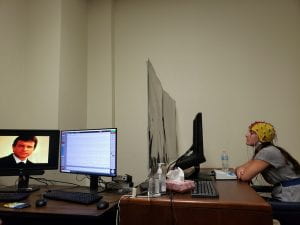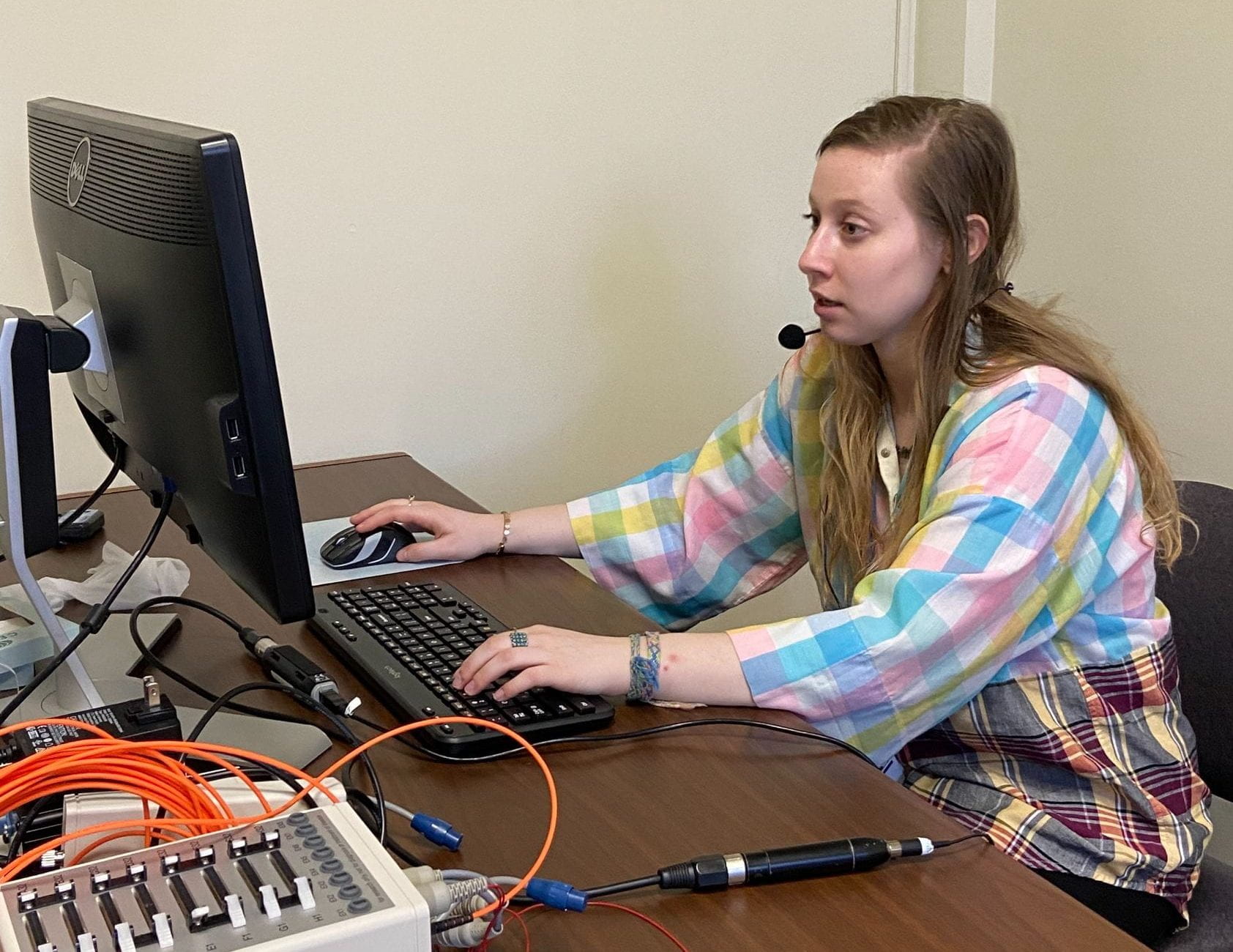Our Focus
Research conducted at the Cognition, Emotion and Life Experiences Lab focuses on the experiences of individuals who experience suicidal thoughts or engage in suicidal or non-suicidal self-injurious behavior. The CEL Lab takes a comprehensive multi-method approach in studying these phenomena with the goal of using this information to inform treatment development.
For background on our research methods and topics of study, we recommend the following papers:
- Changes in ecological momentary assessment reported affect associated with episodes of nonsuicidal self-injury
- Ecologically assessed affect and suicidal ideation following psychiatric inpatient hospitalization
- Monitoring, assessing, and responding to suicide risk in clinical research
Lines of research in the CEL Lab include some of the following methods:
Ecological Momentary Assessment (EMA) and Interventions ______________________________
Traditional psychological research methods emphasize the use of self report in order to retrospectively gather data on past thoughts, behaviors and feelings. New technology allows researchers at the CEL lab to acquire data on these dimensions in real-time through ecological momentary assessment (EMA). EMA allows us to paint a more comprehensive picture of situational and contextual factors that contribute to affect, behavior and cognition while greatly reducing recall bias. EMA is especially critical in furthering the understanding of those emotional and cognitive precipitants related to suicidal ideation and non-suicidal self-injurious behavior.
New funding for the CEL Lab was granted for our lab’s development of ecological momentary interventions (EMI). EMI uses data from momentary assessments and provides intervention based on individual’s responses. This type of treatment development is crucial in expanding access of suicide risk detection and intervention especially those historically unable to obtain/afford traditional mental health treatment.
Electroencephalogram (EEG) ______________________________________________________________
Our lab has recently begun researching Electroencephalography in the context of sleep and related suicide risk. The CEL Lab is interested in using this multi-method approach to deepen our understanding of suicidal behavior at the electrical level. This approach also compliments our investigations using psychophysiology and fMRI and, in turn, leading the field away from traditional – and less reliable – self report methods.

Psychophysiology______________________________________________________________________
Recent research has pointed to the importance of looking at emotions at the physiological level. In studying suicidal thoughts and behaviors, we hope to harness the promising addition of psychophysiology in our laboratory-based research. By using physiological dimensions (i.e. Heart Rate Variability [HRV], Electrodermal activity [EDA], and Respiration), we will be able to contribute to literature aimed at understanding suicide risk, especially as it relates to emotion-related experiences.

Functional Magnetic Resonance Imaging (fMRI) _____________________________________________
The CEL Lab is also exploring emotionally salient cortico-limbic reactivity and potential links to those with a history of suicidal thoughts and behaviors. We are applying established fMRI methods examining resting-state functional connectivity and emotional experiences in order to increase our understanding of emotional experiences related to suicide risk and potential relationships at a mechanistic and structural level.
Sleep Actigraphy_____________________________________________________________________________
Recent research has examined the relationship between sleep and suicide risk. This lab takes a multi-method approach to assess sleep and activity level objectively through actigraphy as well as subjectively through longitudinal self-reports and EMA.
Ecological Measurement of Speech Features _______________________________________________
The CEL Lab team collects speech feature data from participants’ day-to-day phone calls with the goal of linking these features to suicidal thoughts and behaviors collected via EMA. These methods contribute to a novel line of research examining speech features such as tone, pitch and frequency as they related to changes in suicide risk.
If you are interested in learning more about the type of work being done with ecological measurement of speech in the CEL Lab,we invite you to read more here.
